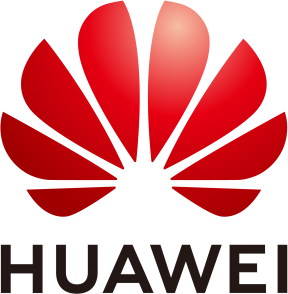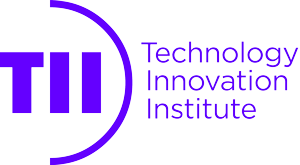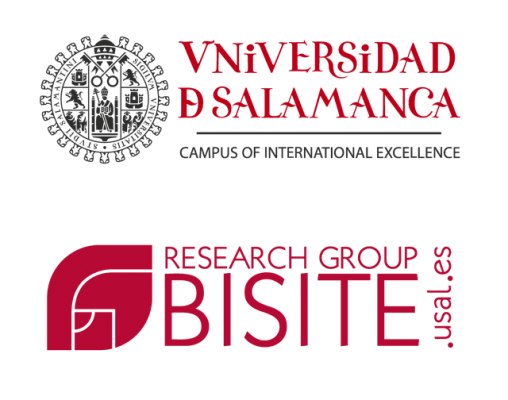SCOPE AND TOPICS OF THE WORKSHOP
Artificial Intelligence (AI) is expected to become an indispensable part of future communication and networking systems, i.e. 6G and beyond. The complex and heterogeneous nature of upcoming networks, consisting of large-scale deployment of billions of connected Internet of Things devices and supporting a wide range of their emerging applications with diverse service requirements, will make the use of Machine Learning (ML), especially Deep Learning (DL), of profound importance. Empowered by the most recent advances in ML algorithms and techniques, AI service has demonstrated the huge potential of coming up with intelligence-based solutions for challenging problems which cannot be solved by traditional analytical approaches. Therefore, we envision that AI will become native and ubiquitous in 6G and beyond. To achieve this goal, 6G and beyond must provide a large-scale learning solution in a distributive way with multiple collaborating wireless devices, performing as much local learning as possible, and reducing risky dependency on a centralized data aggregation in a single datacenter. In addition, native AI itself has become a potentially disruptive technology to optimize wireless communications. Therefore, the network architectures, standards, physical (PHY) layer, medium access control (MAC) layer, and air-interface in general must be redesigned to incorporate the AI capabilities in future wireless systems.
Even though significant progress has been made in the area of ML based wireless communications in the passing years, the relevant research is still at an early stage. Many critical questions remain to be addressed, such as where are the performance bounds, how to design high performance schemes, how ML algorithms can adapt to the time-varying nature of a wireless environment, how to design a scalable and flexible ML architecture for dynamic resource utilization, what are the DL complexity and processing latency requirements for communications in distributed learning solutions, and so on. All the above issues are just a few promising topics for native AI to play a leading role in 6G and beyond.
This workshop aims at bringing together the researchers and practitioners interested in native AI to address the topic, present their novel solutions, and discuss technical challenges. The authors are invited to submit their original and unpublished works and are encouraged to share the links to their source codes and datasets, as we embrace the openness and reproducibility of the results. Topics of interest include but are not limited to:
- Concept, architectures, theories, and applications of native-AI in wireless networks
- Distributed learning architectures empowered by wireless networks: federated learning, split learning, in-device learning, collaborative inference, and so on
- Theory for communications and distributed AI/ML: information theory about tradeoff between communication, computation, complexity, learning, and inference
- Source coding for native-AI wireless networks
- Transmission technologies for native-AI wireless networks: channel coding, modulation, waveform, over-the-air computation
- Radio resource management for native-AI wireless networks
- Multi-agent reinforcement learning for and supported by native-AI wireless networks
- Privacy preservation and secure data sharing schemes
- AI/ML empowered communications mechanisms, including PHY, MAC, and Feedback Control
- AI/ML empowered semantic and goal-oriented communications
- AI/ML empowered radio environment sensing and decision making
- Efficient/scalable neural network architectures and training algorithms for wireless communications
- Hardware implementations of AI/ML for wireless communications
- Prototyping, demo, test-beds, and field trials





















